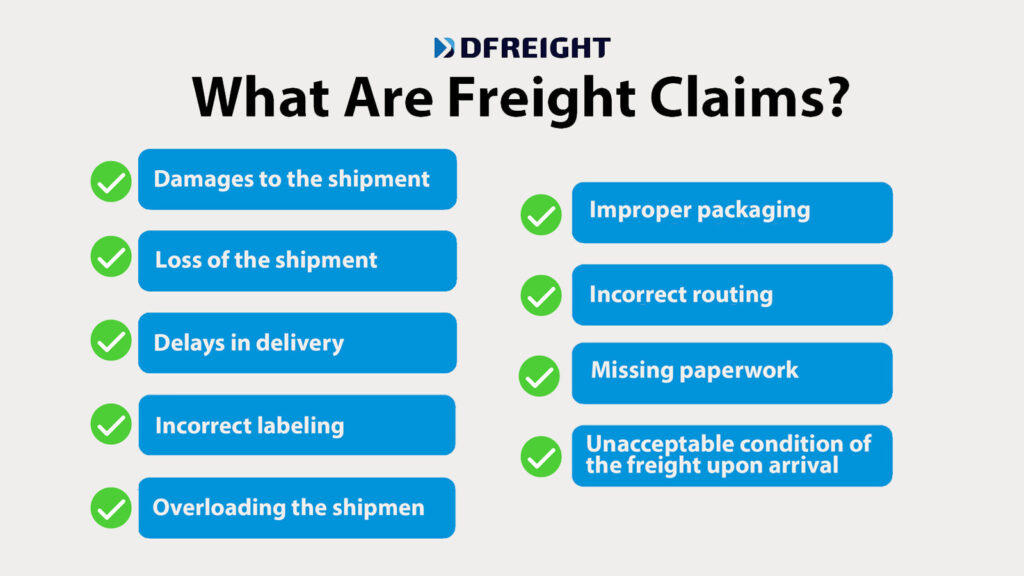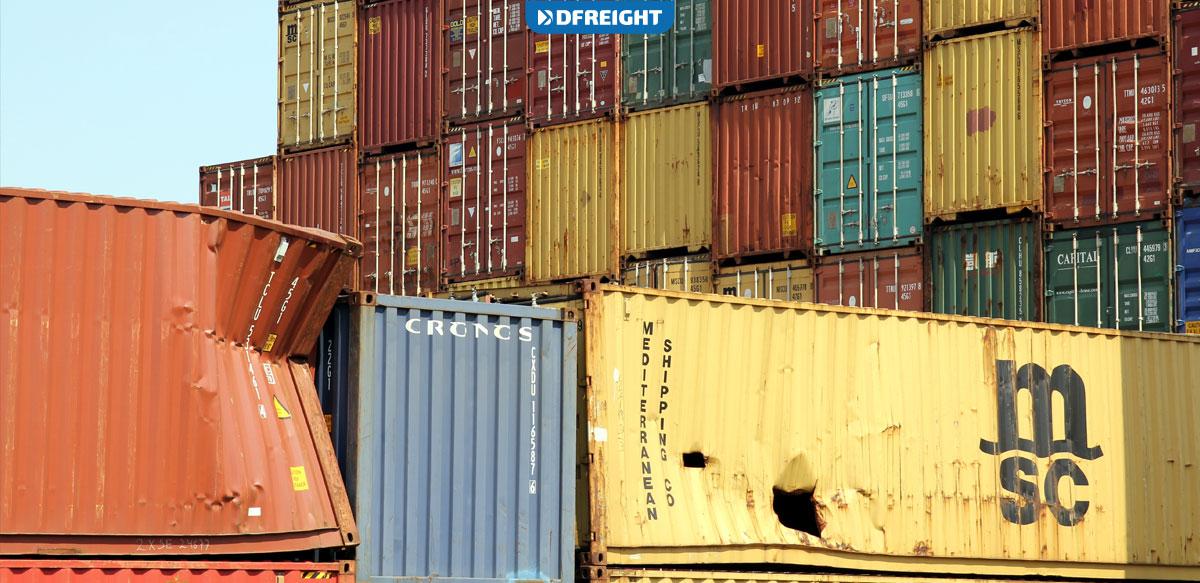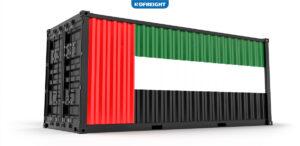In the logistics industry, there are different kinds of damage claims that can be filed. The most common type of damage claim is for lost or damaged goods. Other damage claims can include claims for damaged equipment, damaged property, or even personal injury. Damage claims can be complex, and it is essential to understand the different types of damage that can be claimed. If you are involved in a damage claim, you must contact a qualified logistics attorney to help you navigate the process. This article discusses freight claims, including what they are, the various types of freight claims, and what you should do if your goods are damaged during transit.
Table of Contents
What Are Freight Claims?
Freight claims are an essential part of the shipping process. They protect the shipper in case of damages or losses during transit. freight claims can be filed for a variety of reasons, including:
- Damages to the shipment
- Loss of the shipment
- Delays in delivery
- Improper packaging
- Incorrect routing
- Missing paperwork
- Unacceptable condition of the freight upon arrival
- Incorrect labeling
- Improper packing
- Overloading the shipment
Each situation is different, and the compensation the shipper is entitled to will depend on the claim’s specifics. In some cases, the carrier may be entirely responsible for the damages or losses, while in others, the shipper may be partially at fault. It is important to note that freight claims can be very complex, and it is always best to consult with an experienced shipping lawyer before taking action.

In a freight claim, insurance can play a vital role in protecting the interests of all parties involved. Insurance can provide coverage for the cost of repairs, replacement goods, and even lost or damaged shipments. In some cases, insurance can also help cover the cost of legal fees associated with a freight claim. The insurer will also investigate the cause of the loss or damage and may subrogate (seek reimbursement from) the responsible party.
How to Make a Freight Claim?
If you are a freight shipper or consignee that has been damaged, lost, or stolen, you can file a claim with the carrier. The claim process can be daunting, but if you follow these steps, you can file a claim and receive the compensation you are entitled to.
- Gather all relevant documentation. This includes the bill of lading, invoices, packing lists, and any other documents that show what was shipped, the value of the goods, and the condition of the goods at the time of shipment.
- Inspect the damaged goods. If possible, do this in the presence of the carrier’s representative. Make a detailed list of the damages, including photos or video if possible.
- Calculate the value of the damage. This includes the cost of repairs, the value of the goods if deemed a total loss, and other associated costs.
- File the claim. This can be done online, by mail, or in person. Be sure to include all supporting documentation and your contact information.
- Negotiate with the carrier. The carrier will investigate the claim and make an offer of settlement. If you are not satisfied with the offer, you can negotiate for a higher amount.
- Get everything in writing. Once you agree with the carrier, get the settlement offer in writing before releasing the goods.
Following these steps will help you successfully file a freight claims and receive the compensation you are entitled to. In addition to the reasons stated, the freight claims also have benefits for the transportation industry, including:
- You may be able to recover damages for your lost or damaged shipment.
- You can hold the responsible party accountable for their actions.
- Making a claim can help improve the shipping industry by bringing attention to problems and encouraging companies to take corrective action.
- Filing a claim can be straightforward, primarily if you use an online service.
- You may be able to recoup some of the costs associated with your lost or damaged shipment, which can help offset the incident’s financial impact.
Making a freight claim can be valuable to protect your interests and seek compensation for your losses. If you have experienced a problem with your shipment, you should take the time and learn about the freight claims process and how you can file a claim to seek damages.
File any claim for damages as soon as possible. The longer you wait, the harder it may be to prove that the moving company, not you, caused the damage.
Office of Consumer Protection
You may face risks along the way when you file a claim for damages. There are a few risks associated with not making a freight claims. First, you may not be compensated for any damage during transit. You will have to pay for repairs or replacements out of your pocket. Additionally, if the damage is significant, it could impact the value of your shipment, which could result in a loss of money. Finally, if you do not make a claim and the shipping company is found at fault, you could be barred from using their services in the future.
There are also many risks to making a freight claims, including the potential for delays in receiving payment, the possibility of receiving less than the total value of the claim, and the potential for the claim to be denied entirely. In addition, the process of filing a claim can be time-consuming and complicated, and there is always the risk that the claim will not be resolved in your favor.
Conclusion
In conclusion, it is crucial to be aware of the different types of freight claims and the process for filing them. By understanding the steps involved in filing a claim, you can be sure to receive the compensation you deserve for any damage that may occur during shipping.
DFreight is a platform for your digital freight forwarding needs. Leave your cargo to us and enjoy fast, efficient, and reliable service. We offer competitive rates and personalized service to ensure that your shipping needs are met. Contact us today to get started.
What do I need to include in a freight claims?
The documentation you will need to include with your freight claims consists of a copy of the bill of lading, invoices, and photographs of the damages.
What if my freight claims is denied?
If your freight claims is denied, you may be able to appeal the decision.
Can I file a freight claims if the carrier did not cause the damage?
You can file a freight claims even if the carrier did not cause the damage.
What do I do if I receive a damaged shipment?
If you receive a damaged shipment, you should take photographs of the damages and contact the carrier.














